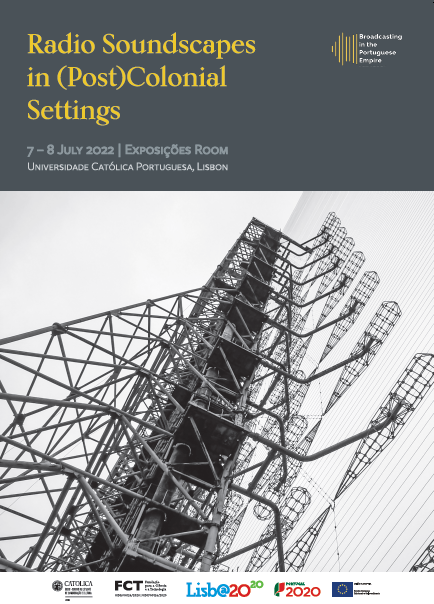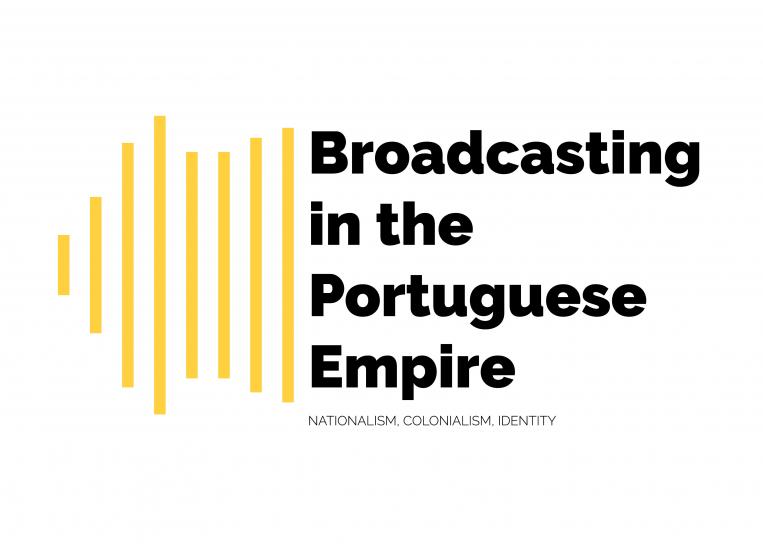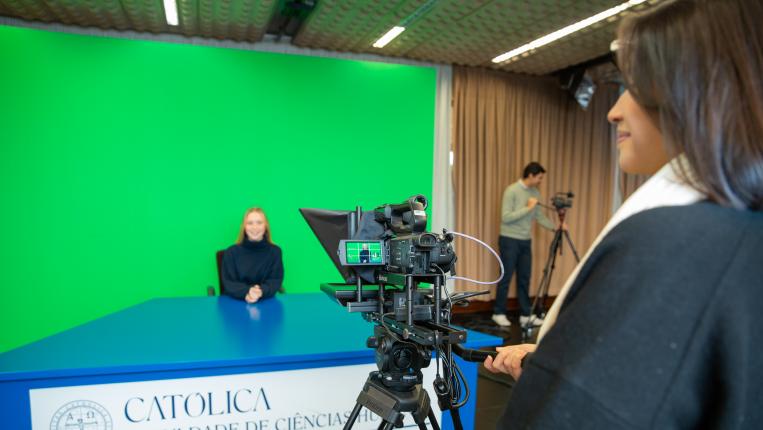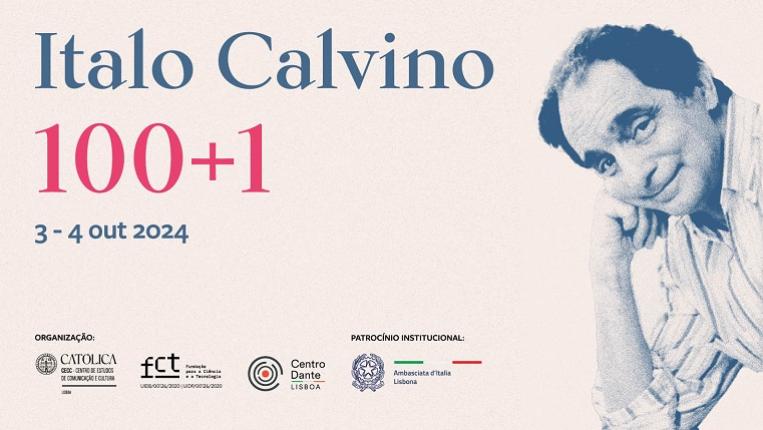
O CECC tem o prazer de anunciar a Conferência International de 2022 "Radio Soundscapes in (Post)Colonial Settings", que se irá realizar nos dias 7 e 8 de julho (quinta e sexta-feira).
Chamamos a atenção para a seguinte mudança: o evento ocorrerá na Sala dos Descobrimentos (Edifício da Biblioteca da Universidade Católica Portuguesa).
Este evento faz parte do trabalho desenvolvido pelo CECC no âmbito do projeto de investigação BiPE: Broadcasting in the Portuguese Empire.

Acerca da conferência (texto em inglês):
Over the last century broadcasting has played a central role in the construction and dissemination of national cultures and shared identities. Employed to promote the idea of nation within state borders, for Imperial nations this role was extended overseas, where the audio medium became central in the effort to unite the home countries with those expats living in the far reaches of empires. In many territories under European rule, namely in Africa, this led to the creation of what were at first white soundscapes in which local cultures and languages were absent from the airwaves.
In the late 1950s, as the winds of decolonization swept through the African continent, state- and private-owned imperial and colonial stations opened up their programming schedules to African languages and cultures. In some cases, such as the BBC, this was aimed at safeguarding the station’s listenership in the context of increasing competition from stations set up by the nascent African states (Potter, 2012; Ritter, 2021), while in others, namely in the Portuguese Empire, programmes in African languages were used to indoctrinate the black population on the supposed benefits of colonialism (Ribeiro, 2017). State-funded broadcasters coexisted with private stations that developed commercial radio style and programming, where new jingles and music genres created a novel and parallel irresistible (sonorous) empire (di Grazia, 2005; Domingos, 2021). But in this radio ecosystem that emerged in the mid-20th century in different regions of Africa there were also other stations operated by independence movements that resorted to broadcasting to promote independence from colonial powers and to foster new national identities. In the postcolonial era, broadcasting was instrumental in fostering new cultural and political identities, with the new independent states also resorting to the audio medium to create their own sound identity.
The conference “Radio Soundscapes in (Post)Colonial Settings” aims to bring together scholars researching the history of colonial and postcolonial broadcasting and sound, in order to shed light on the role of radio and music in forging audible and sonorous empires and new-born nations. Thus, the conference will include papers that discuss technologies, programmes and audiences in both colonial and postcolonial settings, including those focusing on the construction of new soundscapes and radio ecosystems following decolonization.





